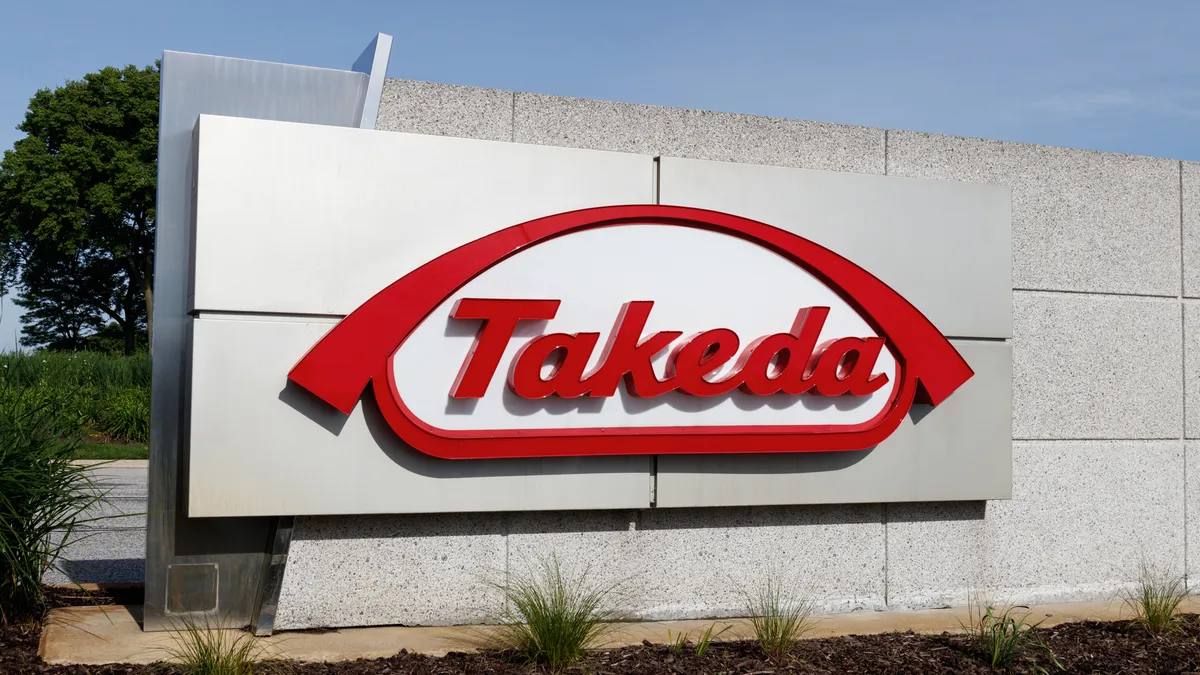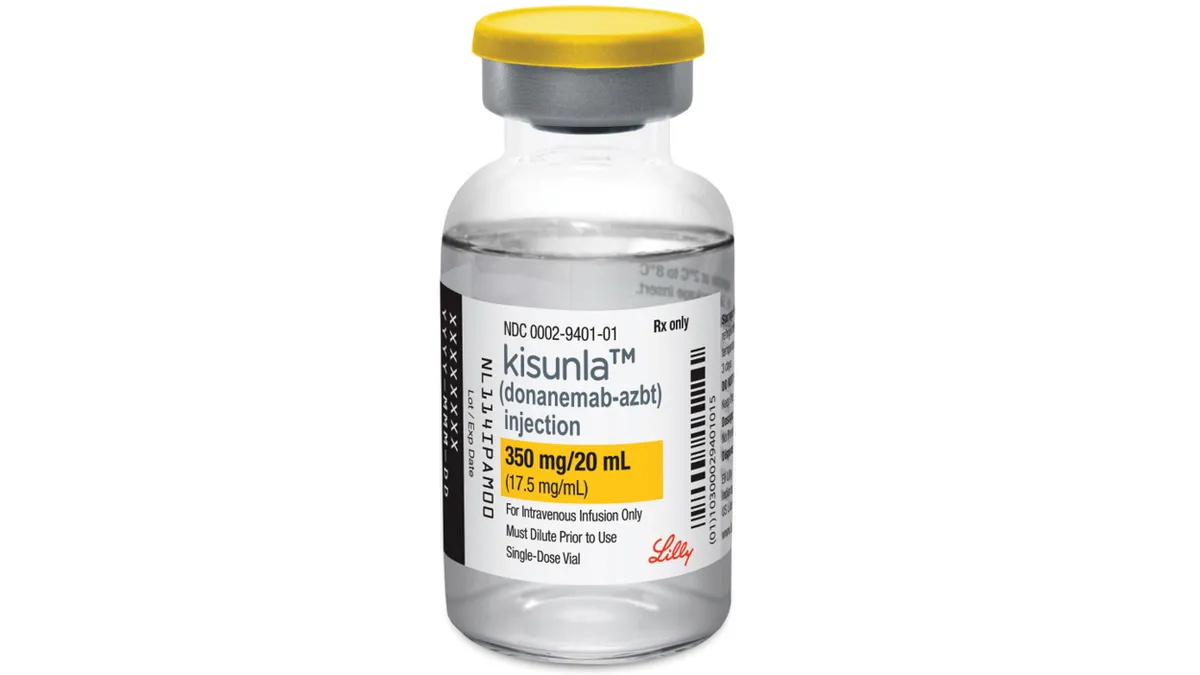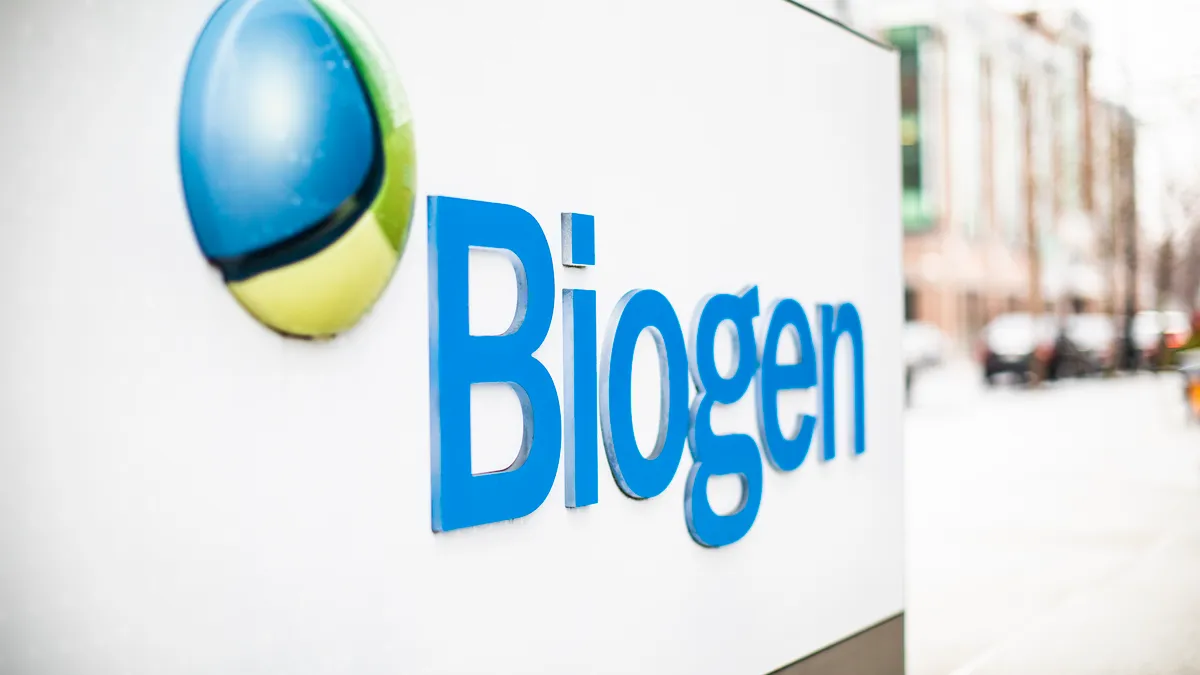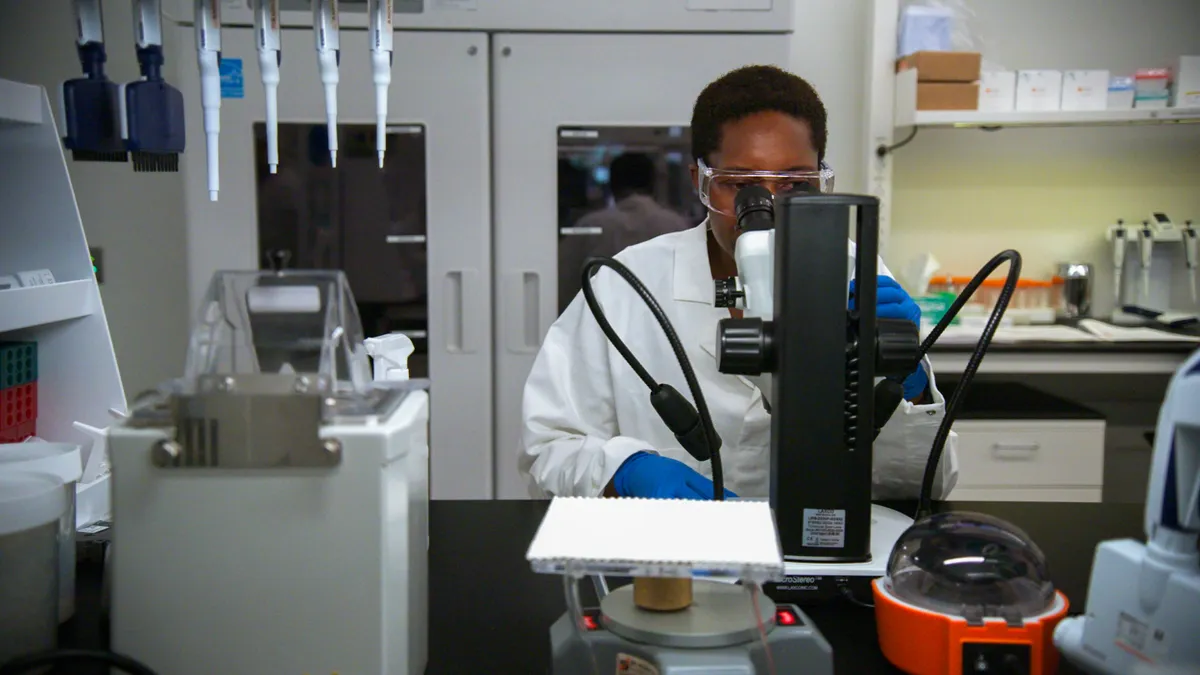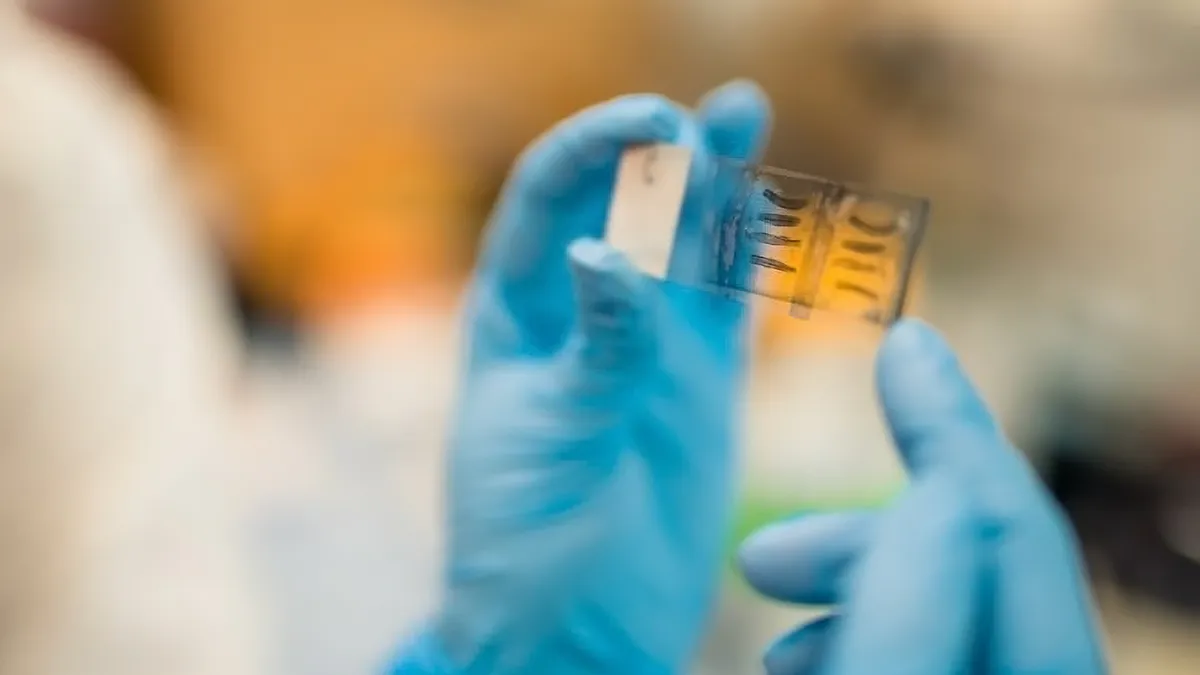A new kind of sleeplessness medicine developed by Takeda met its goals in late-stage testing, positioning the company to capitalize on what Wall Street analysts believe could be a multibillion-dollar market opportunity.
The drug, formerly known as TAK-861 but now called oveporexton, was evaluated in two Phase 3 studies in a main type of narcolepsy. According to Takeda, oveporexton hit every main and secondary trial endpoint, helping improve patient-reported scores on measures of wakefulness, excessive daytime sleepiness, muscle weakness, and other symptoms after 12 weeks of treatment.
The company didn’t provide specifics, but said in a Monday statement that drug recipients had “statistically significant and clinically meaningful improvements” on those assessments, and achieved “near normal ranges” across studied symptoms.
Oveporexton’s safety profile was “consistent” with what’s been observed in previous clinical tests, Takeda said. The most common adverse events reported were insomnia as well as the sudden urge to urinate. No serious treatment-related side effects were reported, and more than 95% of study participants who completed the trials enrolled in a long-term extension study.
The findings “build on the transformative results we saw in our Phase 2b study, with most participants reaching normative ranges and reporting clinically meaningful improvement across a broad range of symptoms at the end of the 12-week treatment period,” Andy Plump, Takeda’s R&D chief, said in the company’s statement.
Takeda will file an approval application in the U.S. and elsewhere in its 2025 fiscal year and plans to present detailed results at an upcoming medical meeting.
The results position Takeda as the first company to seek approval of a narcolepsy drug that works by stimulating proteins called orexin receptors. These proteins have an array of effects on the brain, among them a role in maintaining wakefulness. They have long been linked to narcolepsy “Type 1,” a type of chronic sleeplessness that involves muscle weakness. They’ve attracted the interest of several drug companies, among them Jazz Pharmaceuticals, Alkermes, Johnson & Johnson and Centessa Pharmaceuticals, all of which have brought orexin medicines into clinical testing for either sleep disorders or other conditions.
There have been some setbacks. Takeda shelved an earlier orexin-targeting medicine due to liver toxicity, while Jazz stopped an early-stage trial after reporting eye and heart-related side effects.
Takeda’s success in late-stage testing “cement[s] [its] lead” over its competitors, wrote Jefferies analyst Stephen Barker in a Monday client note. Its drug could achieve $3 billion in peak yearly sales in narcolepsy Type 1 alone, he added.
Barker also predicted that Takeda’s broader portfolio of orexin drugs, which includes medicines in testing for Type 2 narcolepsy and idiopathic hyperinsomnia, may achieve more than double that total. The company, which restructured in 2024, is counting on these and other drugs in late-stage development to help improve growth in the years ahead.
Takeda’s closest competitor in narcolepsy Type 1, Alkermes’ ALKS 2680, is currently in Phase 2 testing.



